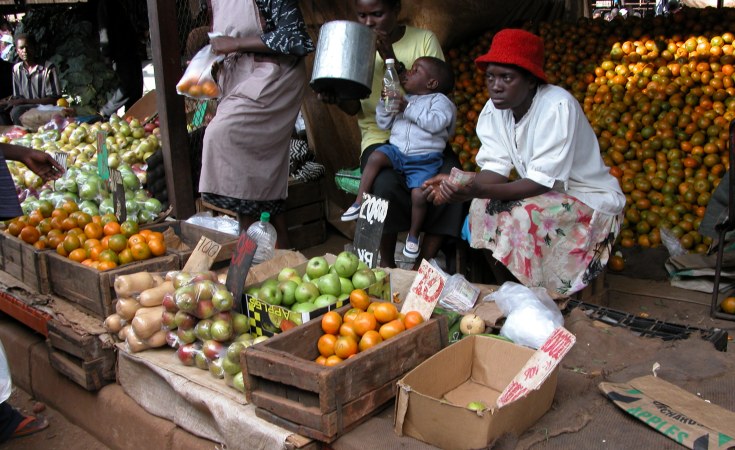Some of the world’s poorest countries, including two in sub-Saharan Africa, are showing the greatest political commitment to tackling hunger and undernutrition, while some of the most economically powerful nations are failing to make adequate effort, according to new research released on Thursday.
Malawi and Madagascar are among seven of the 45 countries surveyed around the world that showed “high commitment” to solving the problem, the Institute of Development Studies (IDS) said in launching the Hunger and Nutrition Commitment Index (HANCI).
Eight African countries were among 10 that showed “medium commitment”, followed by those that demonstrated “low” and “very low” commitment. The worst performers were Angola, the Democratic Republic of Congo and Guinea-Bissau. Nigeria and South Africa, despite their robust economies, showed "low" commitment.
The index is the first global one of its kind showing levels of political commitment to tackle hunger and undernutrition in terms of appropriate policies, legal frameworks and public spending. It “shines a spotlight on what governments are doing, or failing to do, towards addressing hunger and undernutrition,” said lead HANCI researcher at IDS, Dr. Dolf te Lintelo in a statement.
“With millions of lives at stake it is essential that we create greater public accountability on this key development issue,” he said. “Where high levels of political commitment exist, we could see dramatic decreases in the levels of illness and death caused by chronic hunger and to the irreversible damage to the physical and mental development of children caused by undernutrition.”
Global numbers of undernourished people have been static at 870 million for the past five years and the prevalence of stunting has remained high in South Asia and sub-Saharan Africa at around 40 percent, according to the Food and Agriculture Organization.
Stunting is a condition that occurs when children lack necessary nutrients in the womb and through their first 1,000 days. They are more likely to die as infants, and, if they survive, to have irreversible cognitive and physical damage, including reduced resistance to infection and diminished intellectual potential. Undernutrition contributes to 2.6 million deaths of children under five each year - one third of the global total.
Te Lintelo said he hoped communities, NGOs and governments would use HANCI as a “rallying call for change”.


